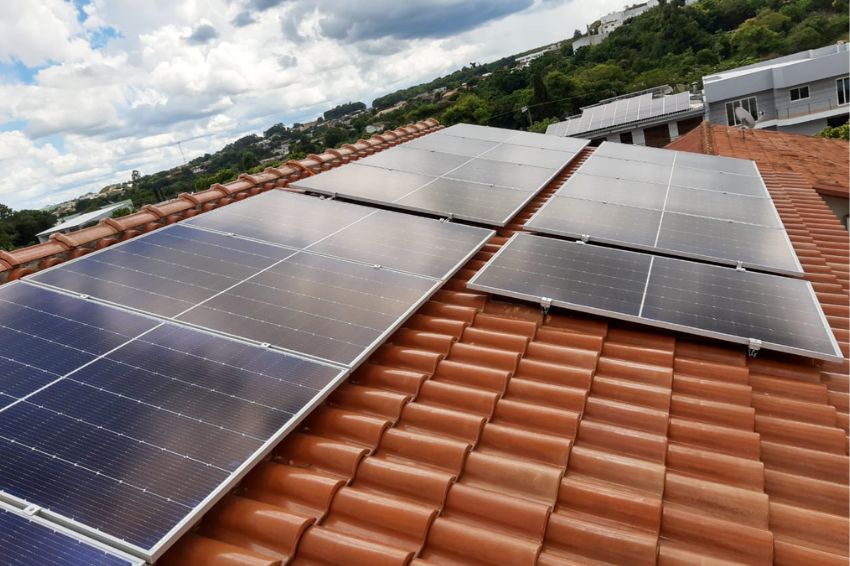The opening of the fifth generation market mobile internet (5G), the growth in sales of electric vehicles and greater ease of acquiring batteries should double the number of photovoltaic systems installed in the distributed generation segment within five years.
A assessment is by Carolina Reis, director of My Solar Financing, fintech specialized in offering credits for the acquisition of solar energy systems in Brazil, which expects the country to surpass the mark of 4 million connections by 2028.
For the executive, the new technologies electric mobility and broadband will demand one expansion significant generation from renewable sources, such as solar energy, precisely to meet the increase foreseen of energy consumption in these new markets.
At the automotive sector, for example, the number of electric vehicles is expected to exceed the 35 million units sold in Brazil by 2040, according to a study by Strategy&, a strategic consultancy by PwC Brasil.
In the first half of this year alone, the number of hybrid and electric cars broke sales record, with 32.2 thousand units sold between January and June. Currently, Brazil has around 158,600 electrified vehicles in circulation.
Already the telecommunications operators are investing billions of reais to expand internet coverage infrastructure, since the 5G network will require 10 times more antennas than the 4G network.
Companies like Vivo, Claro and TIM, for example, are already installing distributed solar generation plants across the country with the aim of meeting their energy needs.
Read too:
-
Solar plants will supply 1,700 Vivo consumption points;
-
Claro reaches 200 MW in renewable sources program;
-
TIM plans to have 100 clean energy plants by the end of 2023.
“In the case of the telecommunications sector, solar energy combined with storage systems will help expand internet access to remote locations without coverage, providing greater security to the electrical supply of antennas”, highlights Carolina.
“In a kind of synergy, 5G can also improve the management capacity of photovoltaic systems using artificial intelligence and internet of things technologies”, highlighted the professional.
Still according to Carolina, another sector on the rise in the country is energy storage with batteries, considered essential for the future of the global electricity sector and the decarbonization of economies.
According to data from BloombergNEF, energy storage saw the addition of 16 GW of new projects implemented around the world in 2022, a record in the history of the segment and which represented an increase of almost 70% compared to 2021.
For the coming years, the outlook remains positive, with 1,400 GWh of new projects to be implemented by 2030, including Brazil. In other words, 40 times what was installed in 2022.
Studies by Meu Financiamento Solar also indicate that energy storage capacity in Brazil more than doubled from 2020 to 2021 and that the price of lithium batteries fell by almost 90% in the last decade.
In fintech's understanding, this exponential price reduction would have been driven by the development of the electric mobility industry, a major demander of batteries.
“Therefore, solar energy is currently the most sustainable and most attractive alternative for residential and business consumers to connect with new technologies in the digital and electrified world”, concludes Carolina.















